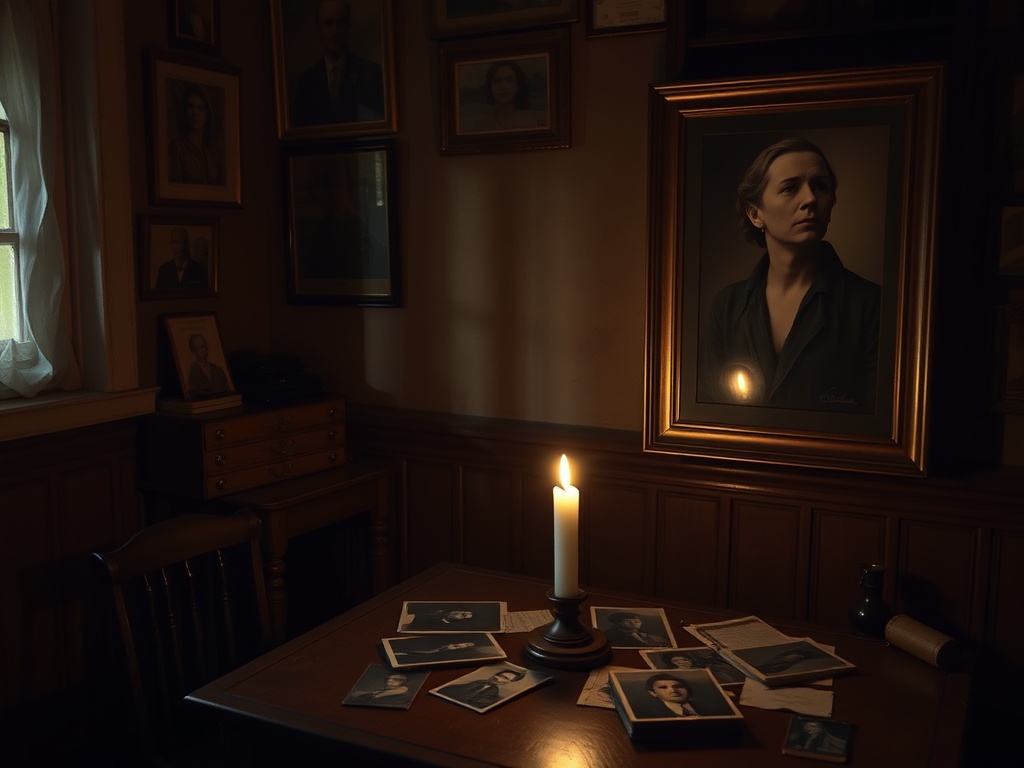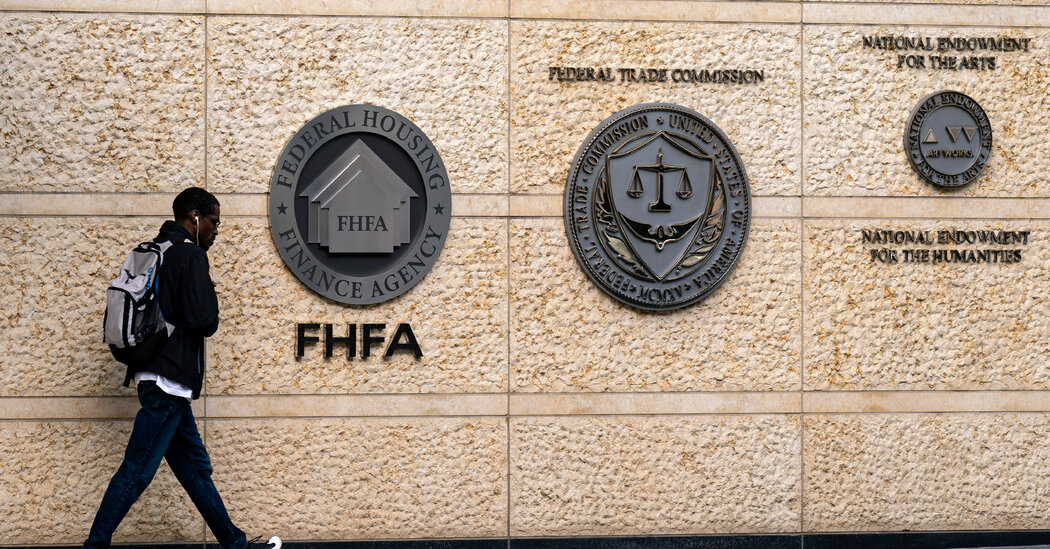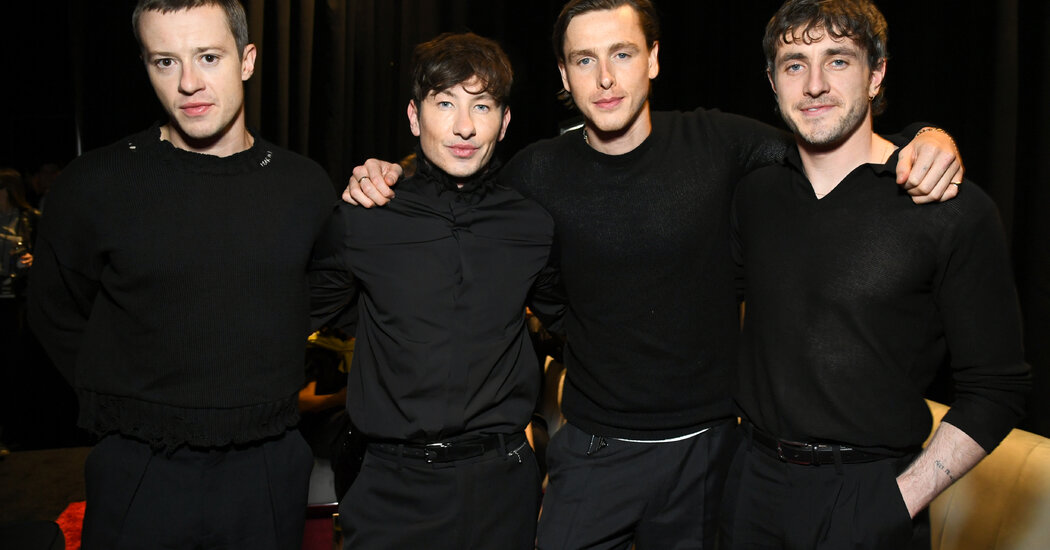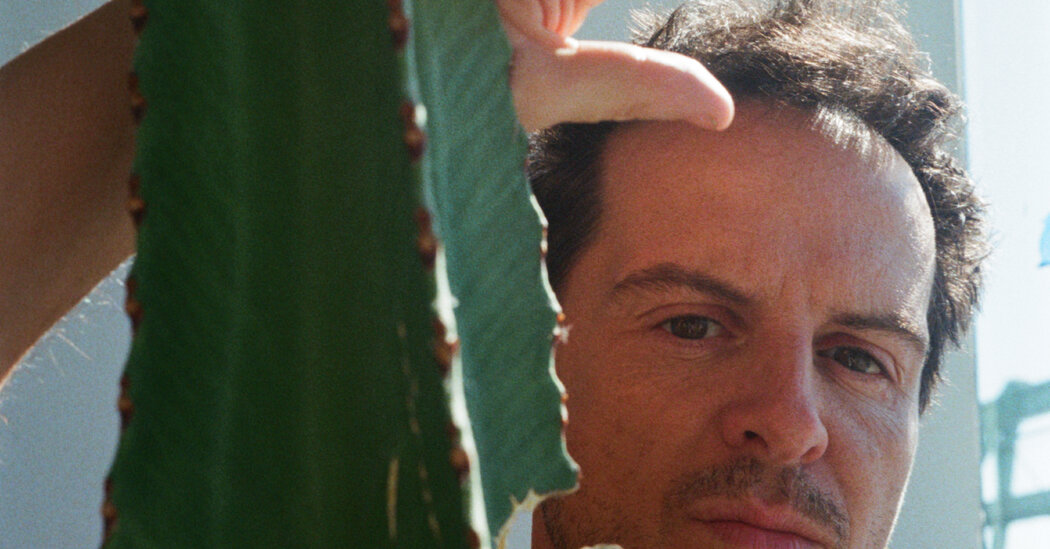A Night of Tragedy and Transformation

A single punch, thrown amidst a haze of alcohol and drugs in Nottingham city centre one fateful Saturday night, had far-reaching and devastating consequences for several lives. Yet, from the depths of this tragedy, where a man lost his life, a glimmer of hope began to emerge. This poignant narrative forms the foundation of Jacob Dunne’s compelling book Right from Wrong, which has been dynamically adapted for the stage by the tenacious playwright James Graham. The production, bursting with energy and kinetic movement, premiered at the Nottingham Playhouse before transferring to London for an extended run.
Remarkably, the production is brought to life by a non-stop, quick-changing cast of just six actors. In the first half, the whirlwind of short scenes creates a frenetic atmosphere, making it occasionally challenging for the audience to grasp the intricate details of the unfolding story. However, one element stands out clearly: Jacob (played by David Shields) is the pivotal character around whom the narrative revolves.
We follow Jacob, filled with an eagerness for action and confrontation, on that ill-fated night out. The timeline shifts non-chronologically, gradually revealing the complexities of his life on one of Nottingham’s most notorious council estates. Interwoven throughout the drama are scenes featuring Joan (Julie Hesmondhalgh) and David (Tony Hirst), who are left in near-silent disbelief as they learn of the tragic fate of their son, James, a trainee paramedic who simply found himself in the wrong place at the wrong time.
Emotional Depth and Human Resilience
Hesmondhalgh infuses her portrayal with a pragmatic strength that propels the narrative forward. “I’m becoming someone James wouldn’t know, maybe wouldn’t even like,” Joan admits, marking a poignant shift in the story as it delves into a heart-wrenching exploration of restorative justice. The climactic moment, which delivers an emotional impact that resonates deeply, brings Jacob, Joan, and David together in a single room, highlighting the profound depths of human resilience.
While Graham ambitiously tackles a multitude of themes, some aspects of Adam Penford’s production may feel slightly underserved. One particularly poignant theme reflects on the vulnerabilities faced by individuals leaving prison, who are often at a high risk of reoffending. Emma Pallant seamlessly transitions through various roles, skillfully morphing from a probation officer to Jacob’s struggling mother, showcasing her versatility.
At the heart of the production is a captivating central performance by Shields. Initially, Jacob is portrayed as a bundle of frenetic energy, later shifting to a more subdued, shoulder-shrugging demeanor. In the crucial meeting with James’s parents, Shields’s performance hinges on his expressive eyes; initially avoiding direct eye contact with Joan and David, he resorts to sidelong glances. However, as the scene progresses, a moment of connection is achieved when he finally meets their gaze, signifying a pivotal turn in his life.
To 26 April, Young Vic Theatre, London (020 7922 2922, youngvic.org)




